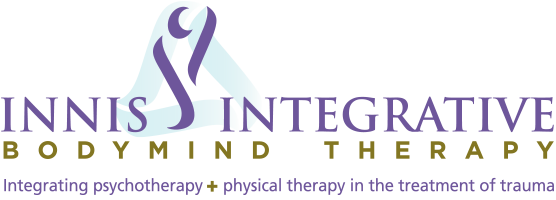You go into a surgery or a medical procedure with one set of problems, expecting a certain outcome. Instead, you are faced with an entirely different set of problems when the procedure is complete.
What is medical trauma? It is trauma resulting from medical procedures, illnesses, and hospital stays involving unexpected complications.
Did you receive medication that was not good for you? Perhaps you developed unexpected time-related complications because you were under anesthesia longer than expected. Whatever the circumstances, these traumas can have lasting effects on you, your family, your relationships, and your livelihood.
Some people even develop clinically significant reactions such as post-traumatic stress disorders, anxiety, depression, and physical limitations. Pain, both physical and emotional, grief, bewilderment, anger, frustration, and helplessness can arise. This may leave you feeling hopeless, maybe even suicidal.
This is serious.
If you or a loved one is suffering from the effects of medical trauma, please reach out for help. A qualified, medically based trauma therapist can help alleviate the symptoms and help you restore calm, comfort, and function to your life.
Medical trauma, what is it and where do you go from here?
So, you’ve had your surgery or medical procedure and you are left with a complication.
Now, what? Have you’ve even been told to just cope, move on, and adjust?
But, how? What are the steps? Is there a plan?
First, understand what has happened. Is there a prognosis for improvement? Will it take time or is it something you need to learn to accommodate? Successful treatment of post-traumatic stress is possible with the help of a trauma therapist. Trauma therapy alleviates many symptoms.
Post-traumatic growth is possible, as often reported by my patients. Personal strength, resilience, and esteem can arise from the ashes of the trauma, often leading a person to places and qualities in their lives they would never have expected. You can experience the transformative powers of your own post-traumatic growth too. Please read my blog on Post-traumatic Growth and Resilience for more information.
Second, identify your feelings. Find ways to calm yourself as you are sorting all of this out. Start with a few, simple body-centered techniques:
“Name it to Tame it”
Daniel Siegel, MD coined this phrase. It draws upon the principle of awareness and mindfulness. Thus, bringing attention and identification to your emotions and body-felt sensation. Everyone knows about emotions. The “new kids on the block” are body-felt sensations. Body-based self-care techniques rely on identifying and understanding them. Body-felt sensations include
a pounding heart
shallow breathing
dizziness
pain
tightness in your chest or other places in your body
or feeling like you are out of control
Be curious, not judgmental.
Just start by noticing these sensations, and with practice, you can learn to watch them come and go like waves on the ocean. Reach out to me for further help in this if you’d like: Jeri Innis at jeri@innisintegrativetherapy.com.
Acknowledge emotions come and go like the wind.
Sometimes emotions bring warmth and comfort; sometimes they blow in like a tornado causing a sense of chaos. When this happens, you may feel out of control, disoriented, and unable to manage your feelings. However, you can start combating troubling emotions with the “Name it to Tame it” technique. Then, follow up by slowing down your breathing and waiting for the storm to pass.
Stormy emotions always pass. Remember, emotions are not equipped to be “the helm of your ship” or in charge of the direction you go. Your thoughts, instead, are better equipped to manage the direction of your life.
The more you are able to manage overwhelming body sensations and troubling emotions, the easier it will be to direct your thoughts and behaviors. This leads to a better sense of control.
Third, create a positive circle of support that you can share this disappointing experience with. You and your family members will need support. So, find people for everyone involved. It may be helpful to look for an organized support group with others learning how to cope with similar conditions. Furthermore, it may be useful to reach out to a reliable clergy member, a trusted friend, or a qualified trauma therapist.
Don’t go it alone. You are too important.
Contact me here for more information on Trauma Therapy


